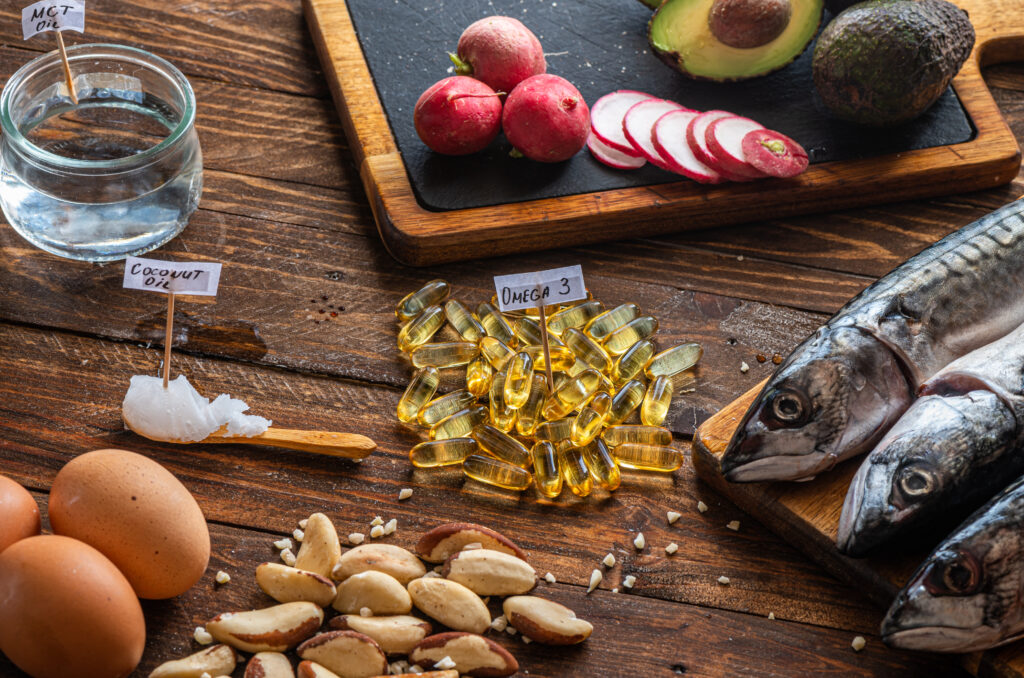Transitioning to a plant-based diet requires thoughtful planning and organization. This comprehensive guide provides a structured approach to implementing a sustainable plant-based meal preparation routine over thirty days. Through careful planning and progressive implementation, individuals can establish lasting habits that support their dietary goals.
Foundation Principles
Success in plant-based meal preparation begins with understanding fundamental nutritional requirements and establishing effective organizational systems. The initial focus should center on creating sustainable routines that accommodate both nutritional needs and practical constraints.
Week One: Establishing Fundamentals
The first week focuses on essential preparations and basic meal components:
Initial Kitchen Organization Proper organization of kitchen space enhances efficiency and ensures consistent execution. Equipment placement and ingredient storage require careful consideration for optimal workflow.
Basic Recipe Mastery Beginning with fundamental recipes builds confidence and establishes core competencies. Success with basic preparations provides a foundation for more complex dishes.
Week Two: Building Complexity
The second week introduces additional components and techniques:
Advanced Preparation Methods Implementation of batch cooking techniques increases efficiency while maintaining food quality. Proper storage methods ensure prepared items remain fresh throughout the week.
Protein Integration Strategic incorporation of plant-based proteins ensures nutritional adequacy. Various protein sources provide diversity while maintaining proper nutrient balance.
Week Three: Optimization
The third week focuses on refinement and efficiency:
Workflow Enhancement Analysis of preparation methods identifies opportunities for improved efficiency. Time management strategies reduce preparation requirements while maintaining meal quality.
Storage Solutions Implementation of effective storage systems ensures prepared items remain fresh and accessible. Proper container selection and organization maximize storage efficiency.
Week Four: Sustainability
The final week establishes long-term success strategies:
Long-Term Planning Development of rotating meal plans ensures continued variety while maintaining efficiency. Seasonal considerations influence ingredient selection and preparation methods.
Quality Maintenance Implementation of quality control measures ensures consistent results. Regular evaluation of prepared items maintains high standards.
Essential Equipment
Several tools facilitate successful meal preparation:
Storage Containers Quality containers in appropriate sizes ensure proper food storage and organization. Material selection impacts both durability and food preservation.
Preparation Tools Efficient tools reduce preparation time while maintaining consistent results. Proper maintenance ensures continued effectiveness.
Time Management
Effective time utilization ensures sustainable practices:
Preparation Scheduling Strategic scheduling of preparation activities maximizes efficiency. Coordination of tasks reduces total preparation time.
Batch Processing Implementation of batch preparation methods increases overall efficiency. Proper planning ensures effective use of preparation time.
Nutritional Considerations
Several factors ensure nutritional adequacy:
Protein Sources Strategic incorporation of varied protein sources maintains nutritional balance. Proper portioning ensures adequate protein intake.
Nutrient Balance Careful planning ensures comprehensive nutrient coverage. Regular menu evaluation maintains nutritional adequacy.
Storage Protocols
Proper storage extends food quality:
Temperature Control Appropriate storage temperatures maintain food safety and quality. Regular monitoring ensures proper temperature maintenance.
Organization Systems Effective organization enables efficient access to prepared items. Clear labeling systems facilitate proper rotation.
Quality Assurance
Several factors maintain consistent quality:
Preparation Standards Established standards ensure consistent results. Regular evaluation maintains quality levels.
Monitoring Systems Regular assessment of prepared items ensures maintained quality. Adjustment of processes addresses identified issues.
Cost Management
Several strategies control expenses:
Bulk Purchasing Strategic bulk purchasing reduces ingredient costs. Proper storage ensures preserved quality.
Waste Reduction Effective planning minimizes food waste. Proper portion control maintains cost efficiency.
Looking Forward
Successful implementation of a thirty-day meal preparation system establishes sustainable practices for continued plant-based eating. Regular evaluation and adjustment of systems ensure maintained effectiveness and satisfaction.
Progress Monitoring
Regular assessment ensures continued success:
Weekly Evaluation Assessment of preparation effectiveness identifies improvement opportunities. Adjustment of processes addresses identified issues.
Quality Maintenance Regular quality checks ensure maintained standards. Process refinement addresses quality concerns.
The establishment of effective meal preparation routines provides a foundation for successful plant-based eating. Through careful planning and systematic implementation, individuals can create sustainable practices that support their dietary objectives.
Share your meal preparation experiences with #VeganMealPrep #PlantBasedPlanning #MealPrepSuccess.






